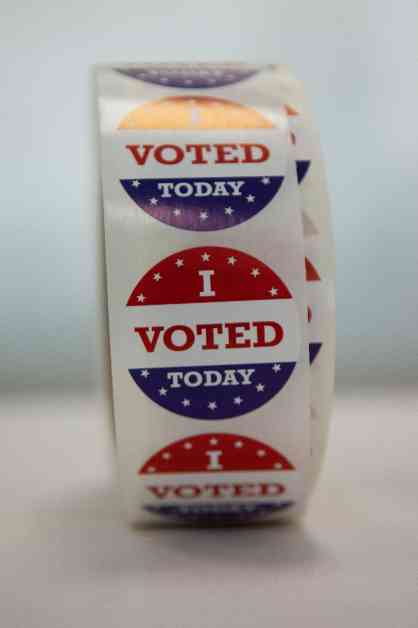Amidst the political landscape in Nevada, Vice President Kamala Harris has garnered strong support from Latino voters, according to a recent poll conducted by the Latino advocacy nonprofit UnidosUS. The poll revealed that Harris currently holds a significant 23 percentage point lead over former President Donald Trump among registered Hispanic voters in the state. This data indicates a notable shift in Latino voter preferences compared to the 2020 election, where President Joe Biden secured a 26 percentage point lead with Nevada’s Latino community.
Economic issues, particularly concerning inflation and healthcare costs, emerged as the top concerns for Latino voters in Nevada, reflecting a broader trend among Hispanic voters nationwide. The poll highlighted a clear trust in Democrats over Republicans when it comes to addressing critical issues such as the economy and healthcare. Only 34 percent of Nevada Latinos expressed support for Trump, underscoring Harris’ growing popularity within the community.
The UnidosUS poll also delved into the dynamics of the U.S. Senate race in Nevada, revealing that 55 percent of Latino voters back incumbent Sen. Jacky Rosen (D-NV), while only 24 percent support Republican candidate Sam Brown. This disparity underscores the significant influence that Latino voters wield in determining the outcomes of key political races in the state.
Rafael Cullazo, director of political affairs at UnidosUS, emphasized the pivotal role of Latino voters in shaping the political landscape of Nevada. He underscored the impact of the Latino electorate in deciding the outcomes of not just the presidential race but also the U.S. Senate and congressional contests. With Latino voters comprising approximately 1 in 5 of the state’s eligible electorate, their preferences and priorities hold considerable sway in determining electoral outcomes.
The intensified efforts by both Harris and Trump to court Nevada’s Latino community underscore the recognition of this demographic group as a crucial voting bloc in the state. Campaign outreach efforts targeted at Latino voters, including direct engagement with organizations such as the Culinary Union Local 226, have become integral components of the candidates’ strategies to secure support among this demographic segment.
The UnidosUS poll, which surveyed 2,800 eligible Latino voters across eight battleground states, including Nevada, revealed a diverse range of concerns and preferences among Latino voters. In addition to economic issues, the survey highlighted overwhelming support for continued abortion access among Nevada Latinos, with 70 percent in favor compared to 22 percent opposed.
Moreover, the poll indicated strong backing for raising the minimum wage for all workers, with 61 percent of Nevada Latinos expressing “strong support” for this policy. Additionally, 59 percent of respondents emphasized the importance of adequate school funding, reflecting a broader commitment to investing in education and economic opportunity for future generations.
Despite the significant impact that Latino voters can have on electoral outcomes, a majority of poll respondents indicated that they had not been contacted by political campaigns. This presents a notable opportunity for candidates to engage directly with Latino voters and address their concerns and priorities in the lead-up to the election.
Clarissa Martinez, vice president of the UnidosUS Latino Vote Initiative, emphasized the importance of closing the voter registration gap and actively engaging with Latino voters to maximize their influence in the electoral process. With over 20 percent of Latinos in Nevada set to participate in their first presidential election this year, and a substantial portion of the state’s Latino population being new since the 2016 election, there is a significant opportunity for political outreach and mobilization within this demographic group.
As the presidential campaign intensifies in the final months, the Equis polling firm’s report highlighted that Democrats have some flexibility in terms of support from Latino voters in Nevada. While the Latino electorate’s impact cannot be underestimated, candidates must actively engage with this diverse and dynamic demographic group to secure their support and capitalize on their potential to shape electoral outcomes.
In conclusion, the UnidosUS poll sheds light on the evolving political landscape in Nevada, particularly concerning Latino voter preferences and priorities. Vice President Kamala Harris’ strong support among Nevada’s Latino community underscores the significance of engaging with this demographic group and addressing their concerns on economic issues, healthcare, and other key policy areas. As the election approaches, candidates must prioritize outreach to Latino voters to secure their support and leverage their influence in shaping the future of Nevada’s political landscape.

